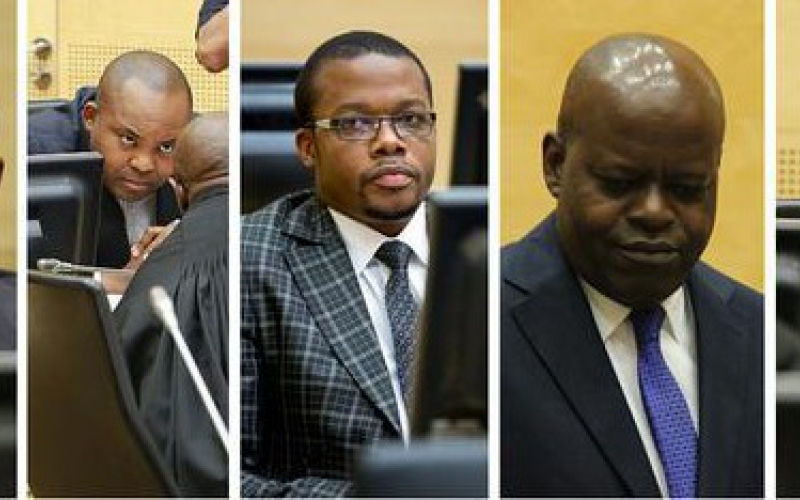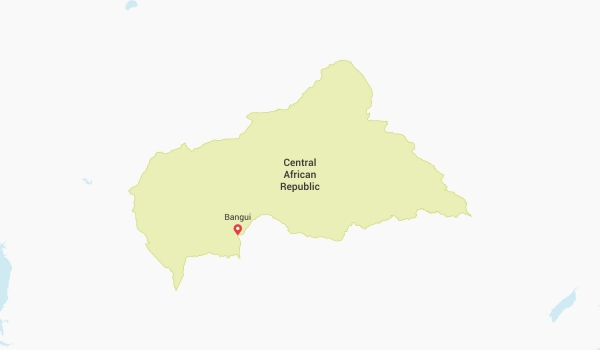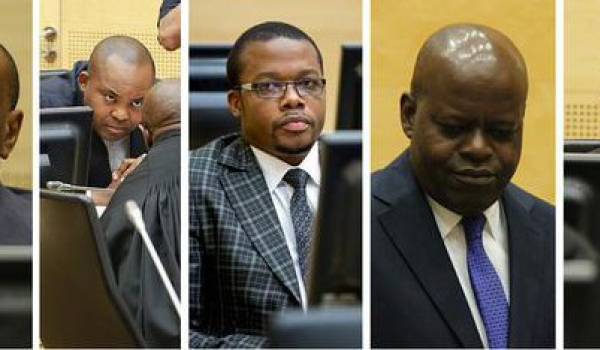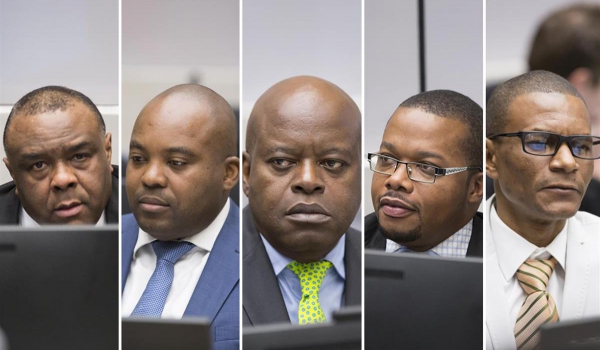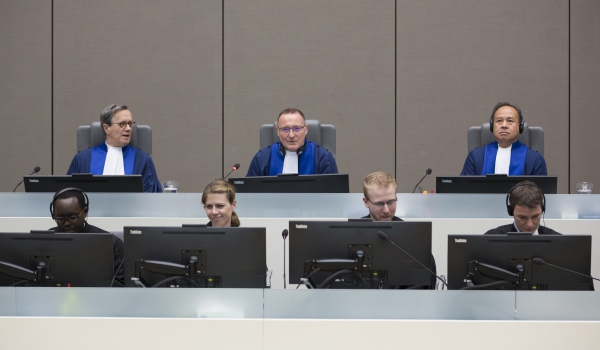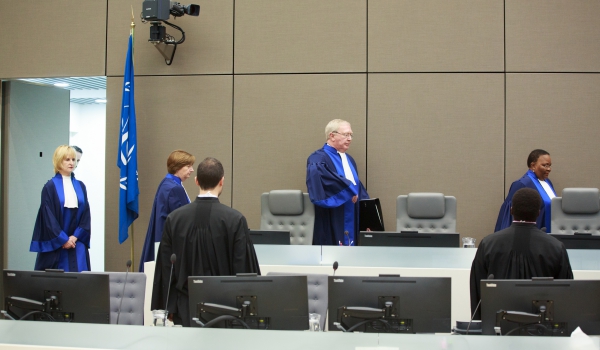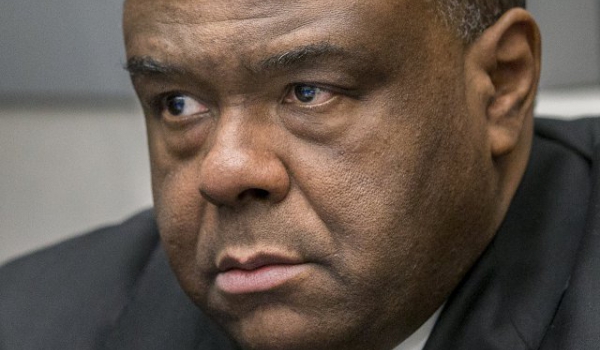Interests of justice prevent re-arrest after interim release
Pre-Trial Chamber II ordered the temporary release of Kilolo, Mangenda, Babala and Arido in October 2014 and in January 2015 decided Bemba would have the same right were he not already standing trial. These release orders were overturned by the Appeals Chamber in May 2015 and the matter remanded to Trial Chamber VII. In August 2015, the Trial Chamber ordered the continued release of Kilolo, Mangenda, Babala and Arido. The Chamber noted too much time had elapsed to re-arrest the four defendants and also indicated the amount of time in custody prior to a final judgment in the case could become disproportionate to the maximum available sentence for crimes against the administration of justice should they be detained for the duration of the trial.
More voluntary cooperation agreements needed
Following the order for his temporary release, the ICC was challenged to identify a state both capable of and willing to host Mangenda, resulting in his late release. This underscores the importance of more states entering into interim release agreements with the ICC, which very few have done to date, to ensure defense rights are safeguarded.
Article 70 case reveals avenue for efficiency gains
At the November 2015 session of the Assembly of States Parties to the Rome Statute, the ICC president proposed an amendment to the Court’s Rules of Procedure and Evidence (RPE) to permit a reduced number of judges on the pre-trial, trial and appeals benches in article 70 cases. Such an amendment would increase the Court’s capacity to try core crime cases and article 70 cases simultaneously. In February 2016, judges exercised their power to amend the RPE to permit the reduced judicial benches. It remains subject to approval by the Assembly
